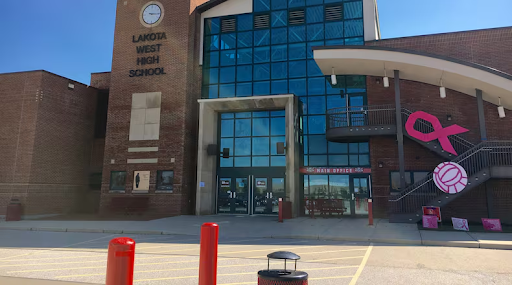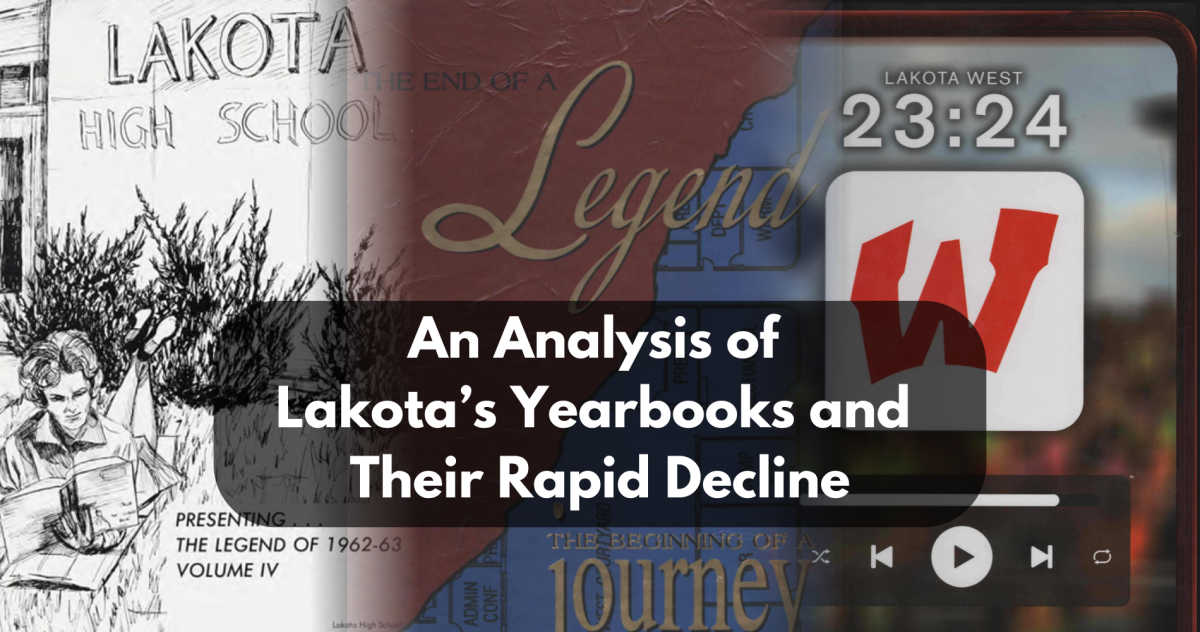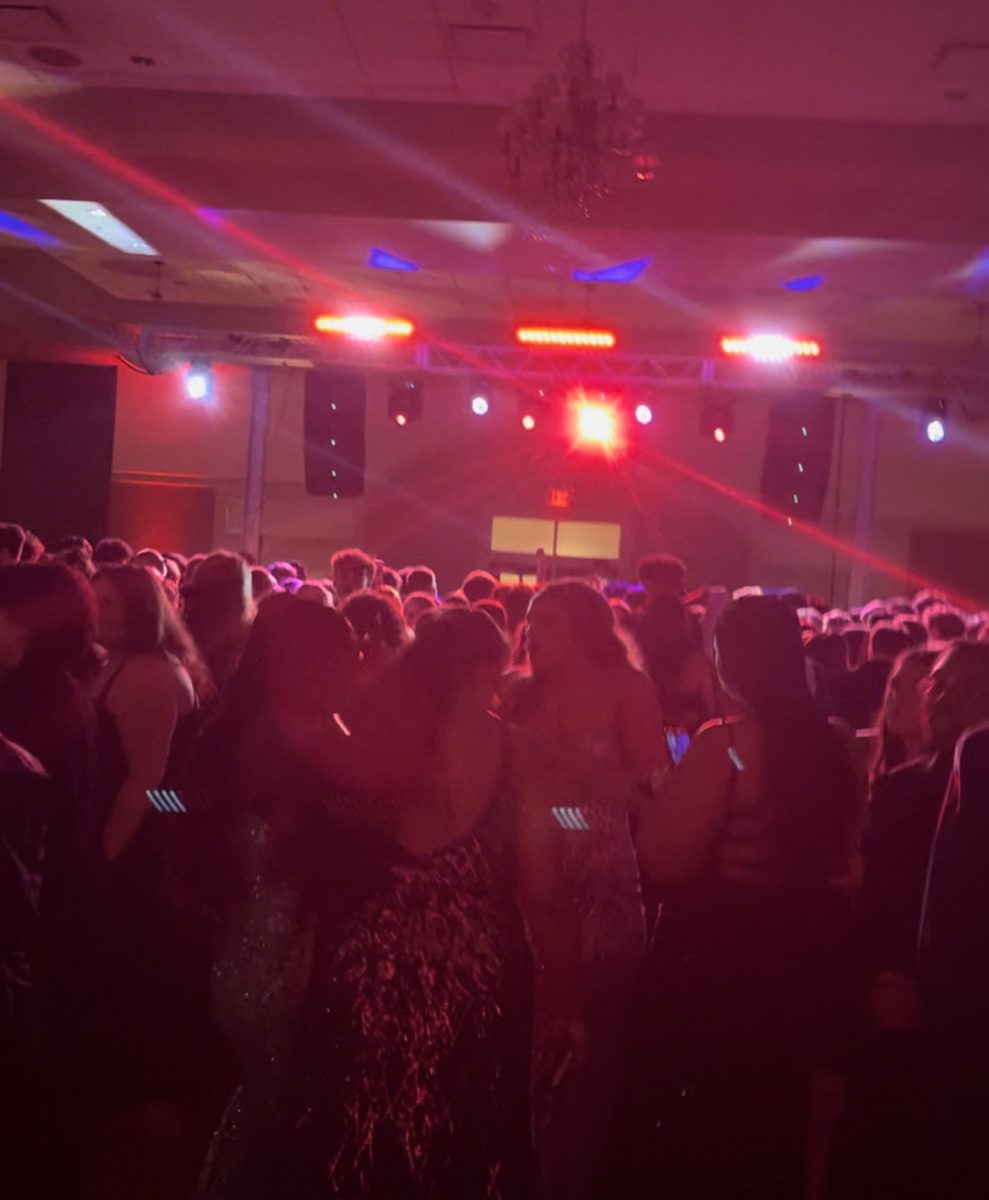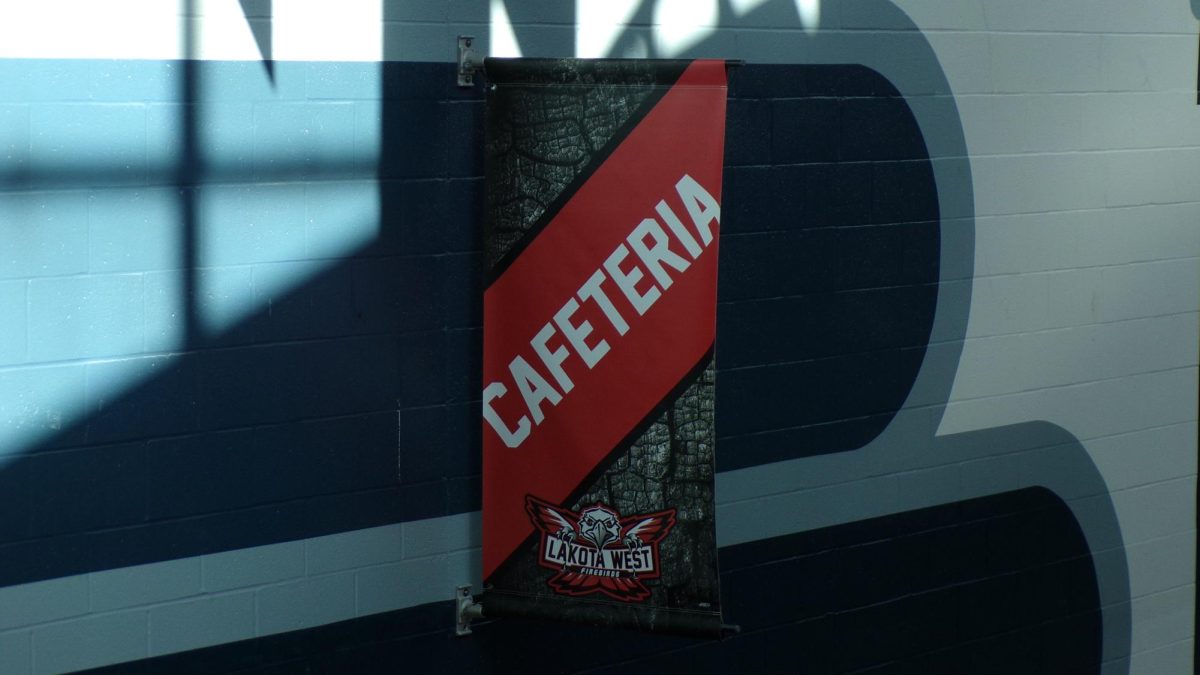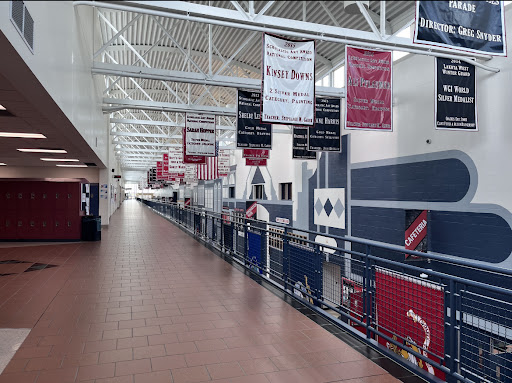
From the start of Kindergarten to the end of senior year, students around the world learn things like scientific properties, how to analyze famous novels and plays, calculate the mass and density of a 16-inch tall triangle, and of course, understand the history of the world and people around us. All of these things are packed into 13 long years of a kid’s life while balancing any extra-curricular(s) they do, like basketball or participating in chess club. Students manage to juggle all of this, but years later they look back and oftentimes are met with a sudden realization of the oddities of school and the uselessness that schools teach students.
Most kids remember the clubs they participated in and the things they enjoyed, but why don’t they remember over 90% of the stuff they were taught? Turns out, the curriculum here in Lakota and so many other districts is not just slightly unbalanced, but so incredibly overcomplicated that most of the stuff teachers say will go through one ear and out the other. What is being taught that doesn’t make sense? What is the curriculum doing wrong, and how can the Board of Education make school a better place to be, where students learn things that will actually benefit them years in the future?
To break things apart, the first thing to do is find out where the curriculum could be going wrong. Each subject or core class has its own flaws, so let’s figure out what they are and why they just don’t add up.
English classes are one of the two big culprits in this little curriculum controversy; not only is it unused in people’s future, but all of the projects and essays benefit people to such a small extent that the curriculum in 4th grade is arguably better than what it is in 10th Grade. When people go out in the world, most won’t ever have to analyze a book and present a 7-page paper to a group of people. Instead, many will have to write an argumentative essay on why they should get a raise. While these types of essays are taught, they never are presented in the correct way until after going through years upon years of other lessons. The curriculum almost feels like they are sugarcoating how everything needs to be presented. Plus, learning different types of formats like MLA and ASA aren’t used as often as they used to be, thanks to presentations being the main go-to, or just using a simple email or text message to relay information. They might be needed a few times in life, but why spend 9 years learning all of this?
English does help with grammar and learning new ways to expand your writing, but there is a certain point where it becomes useless. Why are we analyzing Shakespeare? We get it, he was a famous writer and made some amazing stories. But not everything needs to be torn apart, like the meaning of blood in Macbeth and why the Capulets were just as bad as the Montagues in Romeo and Juliet. We get that darkness reflects bad emotions, and looking into the light means good and happiness. These tropes have been around for years upon years, so why am I going through this over and over? All of this and more could be condensed into a single year instead of the 4+ years you do in high school and maybe junior high. I get it, English is important. But why spend over 13 years learning so much and using so little?
Math is where it gets a little more complicated, literally. Every other day, something new is introduced to make the last thing you learned a little more complicated. The biggest flaw with doing all of these units and watching them get harder and harder is that I will not be using algebra II concepts or calculus formulas in 10 years’ time. If some people plan on going into a math-based job, knock yourself out and go for it. But why put every single student through the grueling pain and make them struggle through the class? Some people thrive, and others don’t. Neither is bad because either way you will hopefully still make it through and forget about a large portion of it later on. There has got to be a stopping point where things become optional. I plan on going into the field of journalism, meaning I won’t need any math formulas unless I need to calculate the percentage of time that will go into every paragraph I write. Why not start making things optional past pre-algebra? If you want to go for geometry and algebra II, then continue to take these courses. If not, start taking classes that interest you! Want to start working with more technology? Let there be a class that lets you use math, but only the math you will actually use since most other things will be irrelevant.
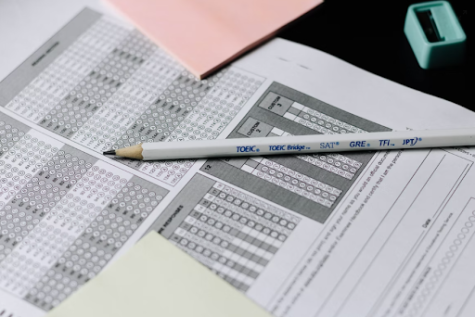
Another big problem I have is the whole “don’t look up your answers.” In 20 years time, do people think that you just won’t have access to technology and you won’t be able to look up the formula for slope intercept? Teachers force their kids to memorize y=mx+b but can’t even teach stuff that people will need later on. At least have kids memorize the ways to use a calculator correctly or find good sources to use if you are stuck on something. Don’t tell kids that using the internet is cheating because, in this day and age, it is a real part of life. Let it be, and help students gain more access to the world around them instead of restricting it. I get it, using the internet is gonna make you learn nothing and instead, you’ll slide by your classes without getting a proper education. The biggest dilemma is that, when you are at a job and you Google an answer to something, your boss won’t be standing around the corner accusing you of cheating. You used your recourses. Maybe it’s time for teachers to stop restricting ours. The same idea goes for our calculators, textbooks, friends, or websites – no need to stop kids from using them, as they aren’t going away any time soon. We need to stop misusing things like calculators and the internet and start understanding better ways to incorporate it all.
Science doesn’t have nearly as many curricular issues, but like so many other classes, do we really need it? Is there much need for learning about the molecular compounds that surround us as we breathe in air and sit in a chair? Do we need to know the percentage of hydrogen in thiamine sulfate hydrochloride? Is there a need to understand how different chemicals react with one another if we aren’t going to use this later on in life? Hopefully, you can start to see where I am going with all of this.
Personally, I think history is fine how it is and does a good job of teaching you about different aspects of the world. Does it feel very American-centralized? Yes, but it can be excused since we live in the United States and that’s what every other nation does; history will always find a way to be centered around the place it is being taught. If anything, maybe they could take about more recent trends when you get older (such as your freshman or sophomore year in high school) so when you go out in the world, you will be more aware of what’s actually going on around you.
Now, of course, I can’t go complaining about all of this if I don’t have a solution myself. Here’s where I think The Board of Education needs to go with the curriculum in schools around the country:
UPDATED CURRICULUM:
– English has got to be condensed. Offer more in-depth courses for those that want to, starting in 11th grade.
– Math needs to stop being required far earlier than it currently is. Algebra I and on needs to become optional for those who don’t plan on using these things later on in life. Of course, what if someone doesn’t take it not because of a job, but because they are lazy? Well, school counselors would meet with each student individually who plans on skipping these classes, to talk about their plans and hopefully set up a long-term plan for the classes they can take.
– Science should become optional once you hit biology. Most people don’t need to learn the molecular shape of every element on the periodic table, so why teach so much of it?
– History is fine how it is, but there needs to be some sort of pacing. It feels like every year teachers can never teach everything (such as modern-day history. Every time I’ve had a history class, we never get into the 2000s or anything past the Cold War, for that matter).
Overall, if many of these classes got reduced to teach important stuff and less filler, then you could theoretically shave a year or two off of school. This would be a simple thing of either ending a year earlier or maybe starting school a year later. Students could even be left to have that choice (though they would be really young so it would probably fall on the parents to make that choice).
The curriculum isn’t completely destroyed, but it feels like it is a bit of a mess. Requirements to graduate are asking for far too much, plus teachers aren’t giving students the right recourses to help them later on in life – instead, they give students unneeded projects, quizzes, and tests just so they get paid and get stuff in the grade book. Is Algebra II really what students need in life? Should I really have to memorize a bunch of homogeneous and heterogeneous mixtures? If you happen to be doubting my wild accusations, do you remember all the books you read in English and their “top-secret” themes and morals? Do you remember the formula to find the density of a cube? How about your vocab words from 8th grade?
The Board of Education seriously needs to stop and look for better ways to benefit students. After all, teachers are only here because students need to be taught. Benefit the students, don’t ruin 13 years of their life. Besides, half the time school is always referred to as a bad place, and not something students enjoy dealing with. Let’s fix the curriculum before the controversy becomes out of control, and we all lose our minds over the things we were taught, or…weren’t.







